In this episode of Psyche of Sales, Johnny sits down with Sam Lloyd, a partner at McGrath Real Estate Lower North Shore Group and recent John McGrath Award winner. Sam shares his 12-year journey in real estate, from starting as an assistant to becoming one of the top agents in his market, discussing the realities of building a successful career through patience, discipline, and genuine client relationships.
Together, they cover:
• Playing the long game | Investing years in learning the craft before stepping out alone, with patience as a career advantage.
• Understanding the industry | Seeing past the low barrier to entry and recognising the depth of work real success requires.
• Building mastery through buyers | Sharpening judgment and negotiation by spending sustained time on the buyer side.
• Treating resilience as non-negotiable | Staying steady through lost listings, stalled deals, and emotional swings.
• Prioritising process over outcomes | Focusing on daily actions and discipline rather than short-term results.
• Learning deliberately from mentors | Absorbing standards, discipline, and emotional awareness from experienced operators.
• Leading by protecting culture | Growing into leadership without losing respect, trust, or autonomy within the team.
• Using coaching to sharpen thinking | Seeking outside perspective to challenge assumptions and strengthen accountability.
About the Hosts
Johnny Lee is the Founder and CEO of EnableSE, a digital sales enablement company that leverages technology to change the way the world sells. Johnny has decades of experience providing training and coaching to organisations across the globe, which has led to the development of EnableIQ, an online sales enablement platform that utilises best practice training and blended learning methods to enable sales teams to become high performers.
Follow Johnny Lee on LinkedIn
Follow EnableIQ on LinkedIn
Sam Lloyd is an experienced and top-performing real estate agent with McGrath Lane Cove, working across Sydney’s Lower North Shore. He spent close to a decade learning the craft alongside experienced agents, helping build one of the area’s most successful teams and earning a reputation as a strong negotiator with deep local knowledge. Now a leader himself, Sam’s focus remains on buyer management, negotiation, and long-term career development for him and his team.
Follow Sam Lloyd on LinkedIn
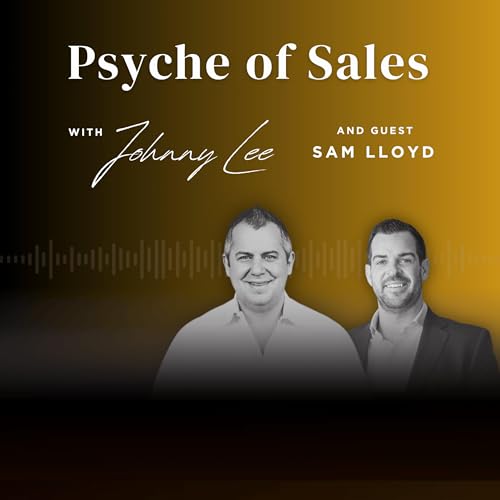
 40 分
40 分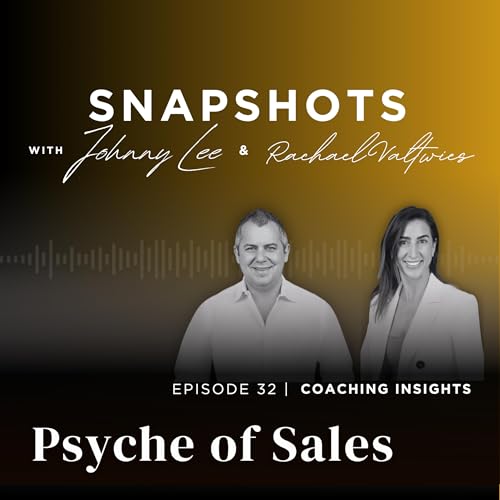 23 分
23 分 25 分
25 分 27 分
27 分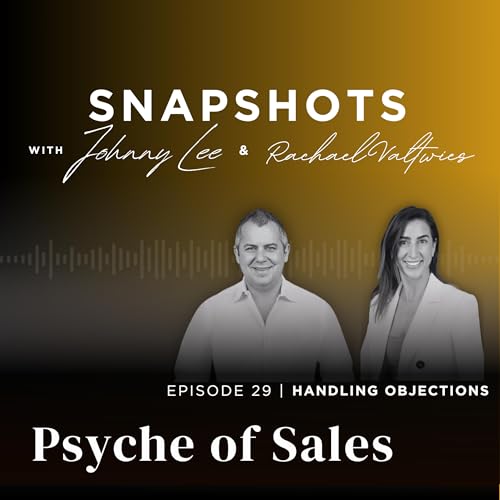 26 分
26 分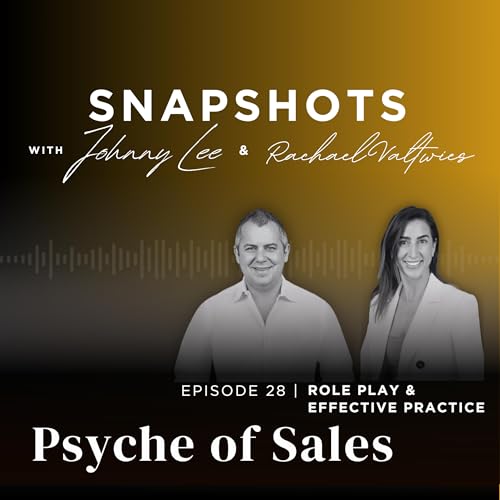 24 分
24 分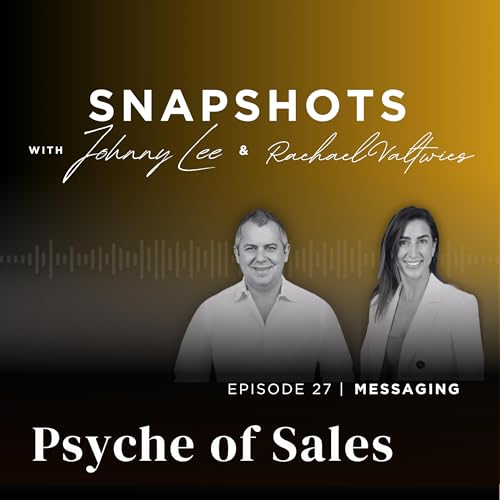 24 分
24 分
